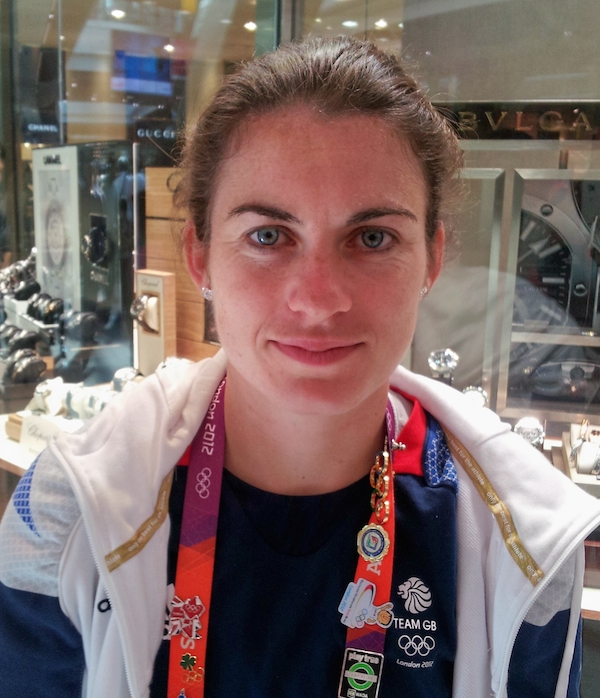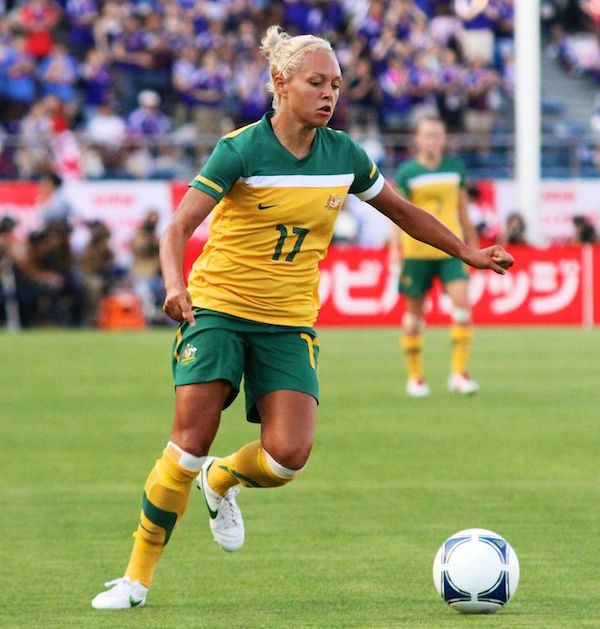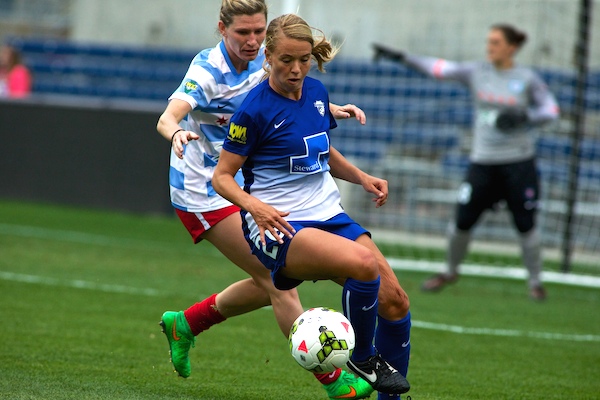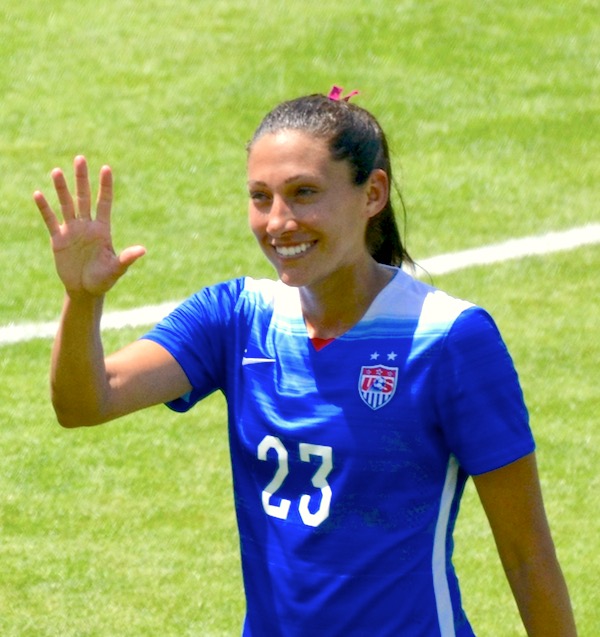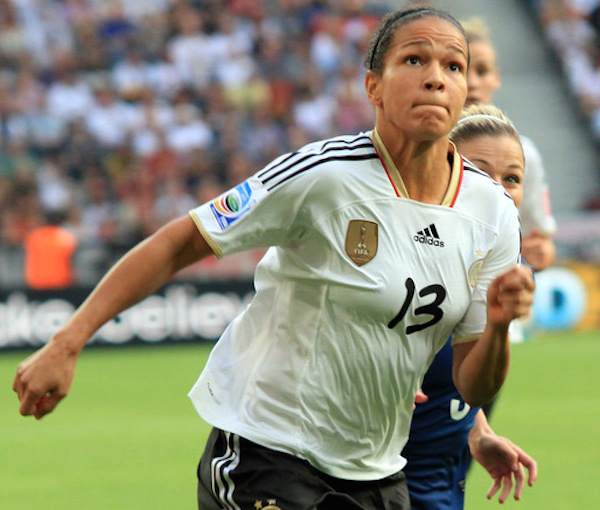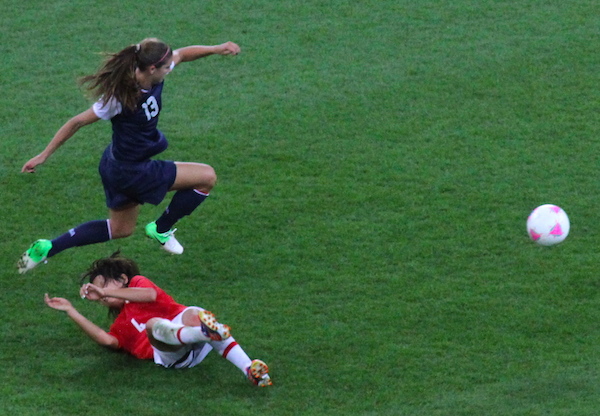If you are a sports fan or if you live with a sports fan then your weekly schedule becomes inextricably linked with what sporting events are on at what times during each week. The conflict between missing a sporting event for a poorly committed to social event and missing an appealing social event to watch a game is an important balancing act in any kind of romantic, familial, or business relationship between a sports fan and a non-sports fan. To help facilitate this complicated advanced mathematics, Dear Sports Fan has put together a table showing the most important sporting events of the upcoming week. Print it out, put it on your fridge, and go through it with your scheduling partner.
Download a full-size copy here.
Monday: Wimbledon, the year’s most prestigious, fast moving, and above all extraordinarily British tennis tournament begins today. Because of the time difference, this is mostly a morning affair on the East Coast and a way-too-early-for-sports affair on the West Coast. In the evening, clear your calendar of all South American or otherwise soccer obsessed people because they’ll be watching the first half of the Copa America semifinals between Chile and Peru.
Tuesday: More Wimbledon tennis and the other Copa America men’s soccer semifinal today, but that’s just window dressing to the main event: the U.S. women’s national soccer team playing against Germany in the semifinals of the World Cup. If you’ve already gotten on board the World Cup bandwagon, that’s great, you know how critical this game is going to be. If not, now is the time. Don’t wait to watch the finals! Due to how FIFA set up the bracket, this is likely to be the most important game left in the World Cup. Whoever wins this game, Germany or the United States, is going to be the overwhelming favorite to win the whole thing. Germany, ranked number one in the world by FIFA, is the 60/40 favorite in this game.
Wednesday: The highlight of the day is definitely the other women’s World Cup semifinal. The game between Japan and England is the undercard of the semis — a game between two lesser teams than either Germany or the United States, but it’s not without its appeal. Japan is the most technically beautiful team in the tournament, playing with tight, short passes. Its players seem to know instinctively where each of their teammates is without needing to look. England, on the other hand, has been advancing off its spirit. Of all the teams left, they’re the spunkiest, most lovable bunch.
Thursday: Rest day when it comes to sports this week. Watch some Wimbledon tennis with your coffee (or even better, tea) in the morning, and then spend the rest of the day sports free… unless there’s a baseball game in your area.
Friday: On the face of it, this looks like an ideal date night. It’s almost as devoid of sports as Thursday was. I mean, who really watches a third place game in a soccer tournament? Lots of people! The mildly sad truth about soccer tournaments is that third place games are often more attractive to watch than finals. Without the ultimate prize to play for, teams relax a little and play more wide open, offensive soccer.
Saturday: HAPPY FOURTH OF JULY!! You should be outside all day today, grilling and drinking some type of appropriate drink with your friends or family. Run some extension cords to your patio and pull a TV out there, because there’s too much you’ll miss otherwise. Enjoy the best our once colonial rulers have to offer in the morning with Wimbledon tennis. Cringe watch (as I always seem to find myself doing) Nathan’s Famous hot dog eating contest, live from Brooklyn’s Coney Island at 2 p.m. ET and then switch over to NBC at 3 p.m. ET to see what our Revolutionary War allies, the French, are getting up to. The answer? Cycling! It’s the first day of the Tour de France. At 4 p.m. ET, you’ve got a choice between two soccer games. Hopefully, the U.S. women will NOT be playing in the third place game of the World Cup, which will make it easier to choose. The finals of the Copa America should be a doozy, no matter which team are playing.
Sunday: The women’s World Cup comes to a close with its final match at 7 p.m. ET on Fox. If the United States makes it to this match, expect viewing records to be set. It will truly be a giant game. Other Sunday viewing options include the second stage of the Tour de France, some golf tournament, and a NASCAR race from the legendary Daytona Speedway.
Caveat — This forecast is optimized for the general sports fan, not a particular sports fan. As such, your mileage may vary. For instance, you or the sports fan in your life is a fan of a particular team, then a regular season MLB baseball game or MLS soccer game may be more important on a particular day than anything on the forecast above. Use the calendar as a way to facilitate conversation about scheduling, not as the last word on when there are sports to watch.

